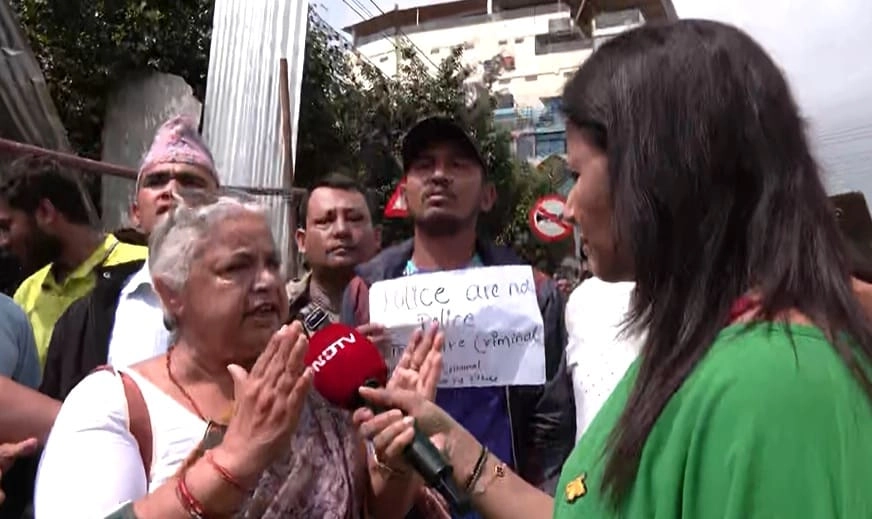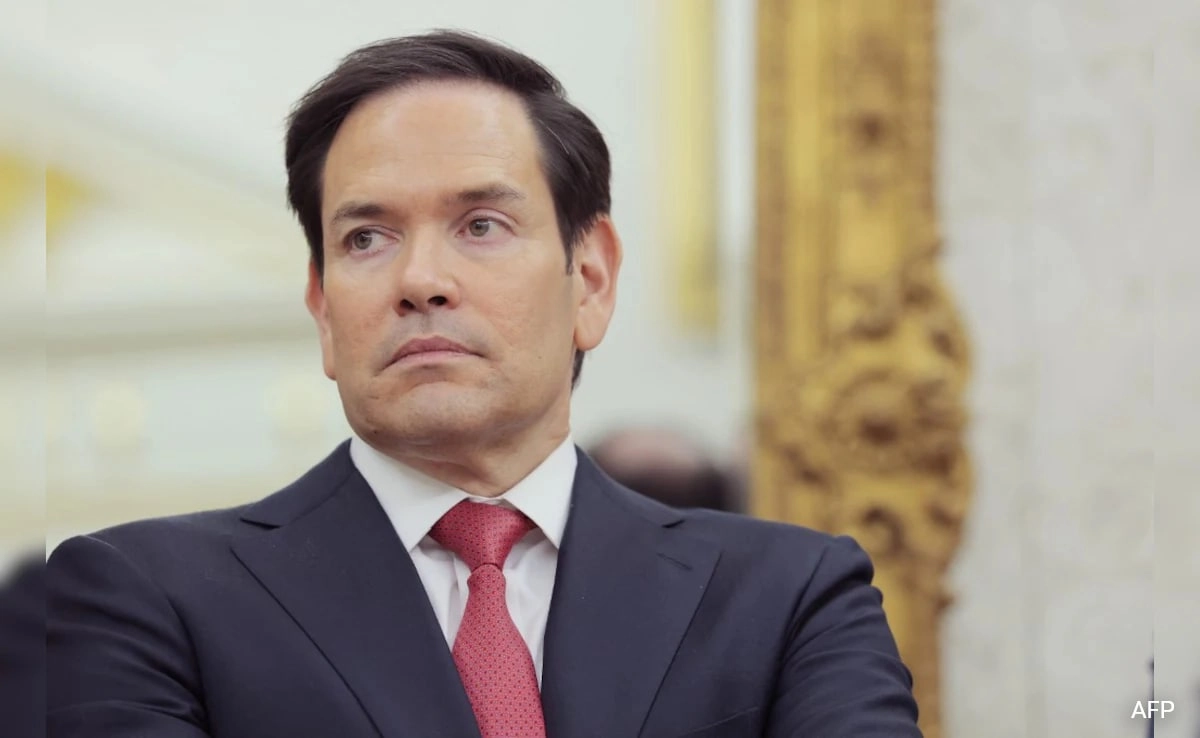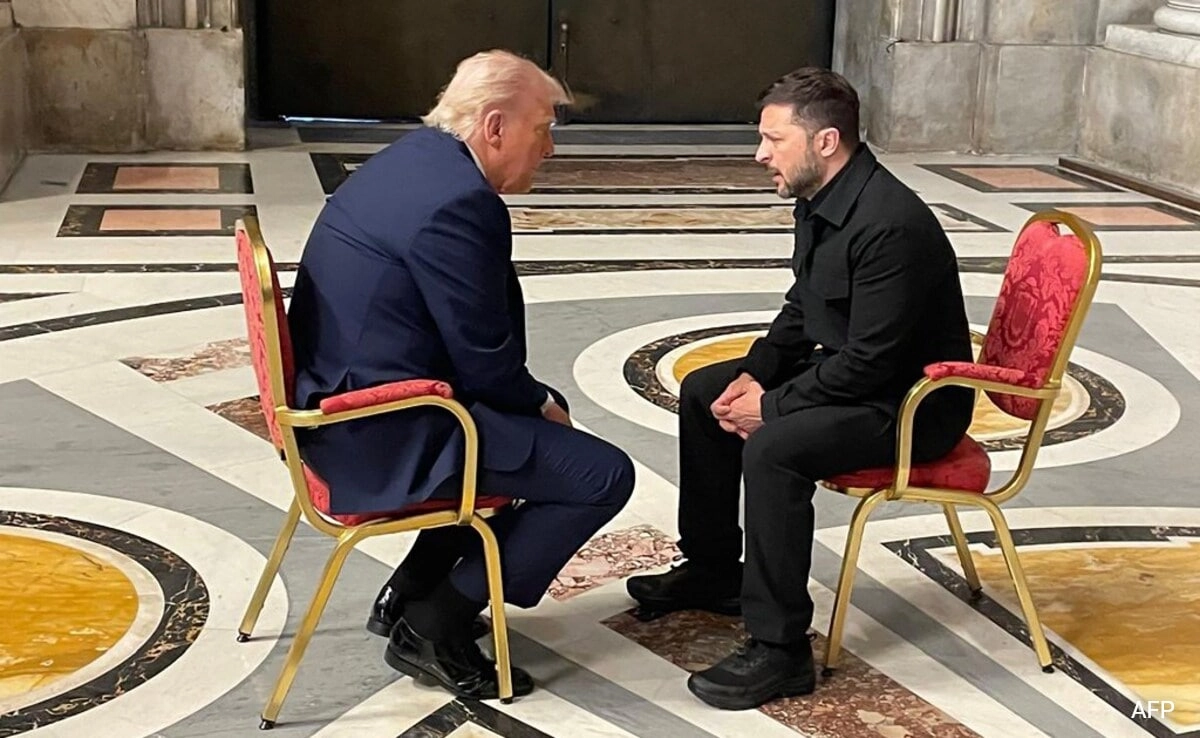In a significant political development in Nepal, the youth-led movement, primarily represented by Generation Z, has chosen the former Chief Justice to spearhead negotiations with the army. This decision reflects not only a desire for change but also a strategic approach to addressing longstanding issues related to governance, military influence, and democratic processes in the country. The former Chief Justice, who has a reputation for upholding justice and the rule of law, is seen as a credible figure who can bridge the gap between the government and the military, fostering dialogue in a time of political unrest.
The involvement of Gen Z in this process underscores a generational shift in Nepal’s political landscape. This cohort, characterized by its digital savviness and commitment to social justice, has increasingly engaged in activism to reshape the future of their nation. Their choice of a seasoned legal figure to lead negotiations with the army signifies a blending of youthful idealism with the experience necessary to navigate complex political terrains. Gen Z’s activism has been fueled by a desire for transparency, accountability, and a more equitable distribution of power, particularly as the country grapples with the aftermath of political instability and military dominance.
As the talks commence, the focus will likely be on addressing the army’s role in civilian governance and ensuring that the military respects democratic principles. The former Chief Justice’s legal background may prove invaluable in promoting a framework for dialogue that emphasizes human rights and constitutionalism. By choosing to engage with the military rather than confront it directly, Gen Z is adopting a pragmatic approach that could pave the way for meaningful reforms. The outcome of these negotiations could significantly impact Nepal’s trajectory, potentially leading to a more balanced relationship between civilian authorities and the military, thereby fostering an environment conducive to democratic governance.
In conclusion, the appointment of Nepal’s former Chief Justice to lead discussions with the army represents a pivotal moment in the country’s ongoing political evolution. Empowered by a new generation’s vision for a just and equitable society, this move highlights the importance of dialogue and negotiation in resolving conflicts. As the nation stands at a crossroads, the success of these talks will not only determine the future of military-civilian relations but also serve as a testament to the power of youth activism in shaping the political landscape of Nepal. The coming months will be crucial in assessing the effectiveness of this initiative and its potential to inspire similar movements in other regions facing similar challenges.




